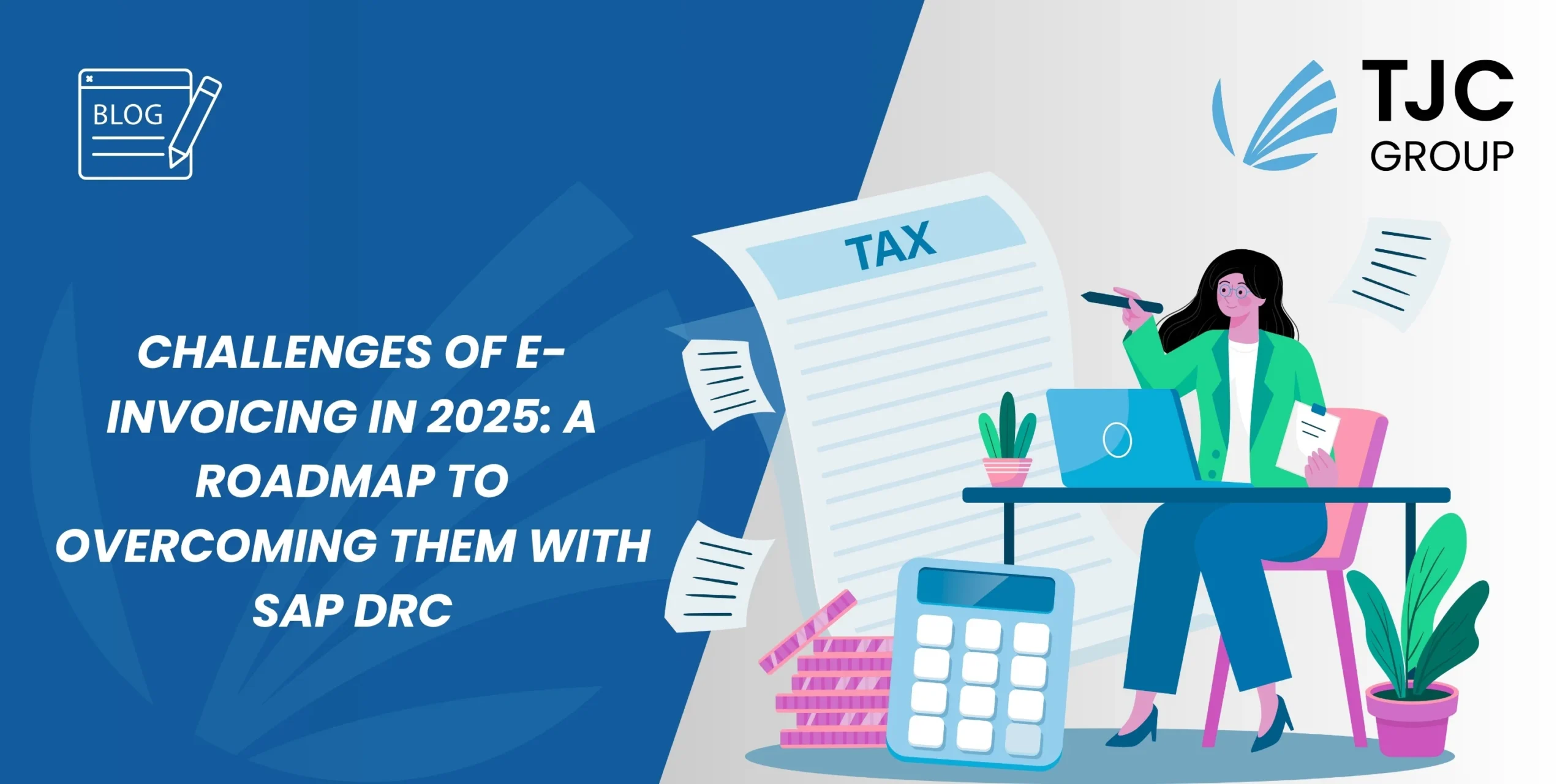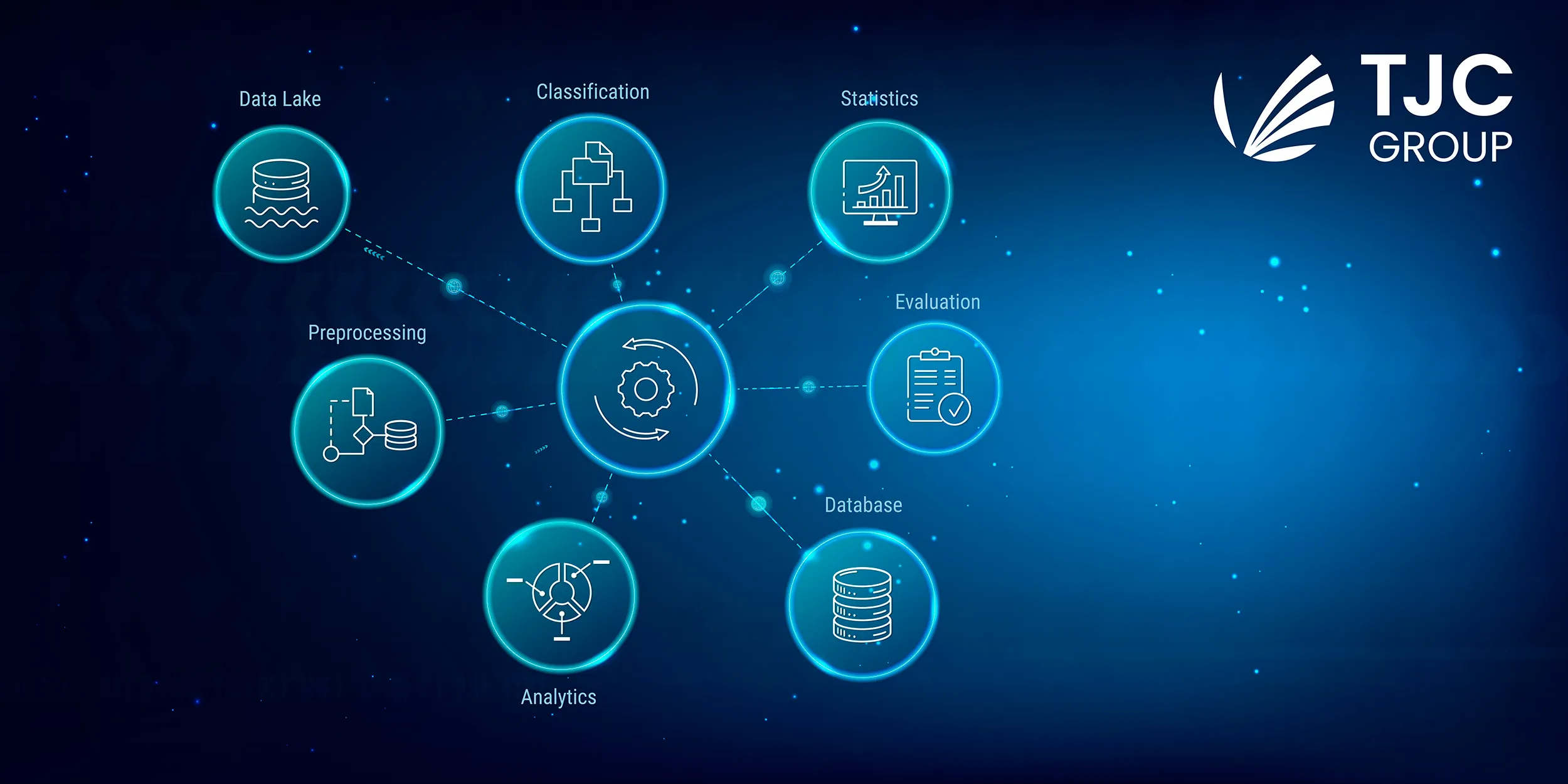DevOps: the cornerstone to drive change in software organisations
DevOps is a mature and well-studied strategic initiative for organisations in the software development space, however it’s still a mystery to many of our customers: they are benefiting from our implementation of DevOps principles, but don’t know exactly how it supports superior outcomes.
Following is a closer look at DevOps, from our perspective: what it is, DevOps benefits, its role in creating organisational culture change, and how we’re using DevOps to develop our newest software product, ELSA.
What Is DevOps?
DevOps is a software development philosophy/methodology that reduces traditional sources of friction between development and operations. By integrating software development (Dev) with information technology operations (Ops) throughout a service life cycle, DevOps allows enterprises to integrate open-source DevOps tools within their own unique workflow. The DevOps process is comprised of six iterative steps:
- Continuous business change
- Collaborative development
- Continuous testing
- Continuous release & development
- Continuous monitoring
- Collaborative customer feedback & optimisation
TJC is using Microsoft Azure DevOps for planning, tracking and reporting of shorter release cycles and full visibility into software development processes. Using classic Scrum process where the Work Item Types (Features, PBI, Task, Bug, Impediments etc.) are defined and the product backlog is prioritised.
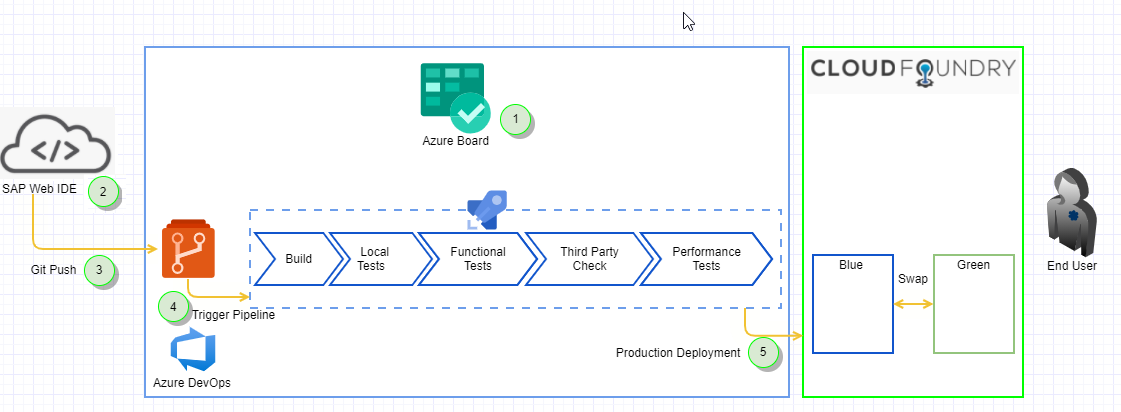
DevOps supports the interdependence of software development and IT operations and helps organisations rapidly produce software products, as well as services to improve operational performance. DevOps is built to support communication, collaboration, integration, automation, and measurement cooperation throughout an organisation and provides extensive integration with both industry and open-source tools, including all major cloud service providers: Azure Cloud, AWS Cloud, Google Cloud and SAP Cloud.
Leveraging DevOps Benefits for SAP Cloud Platform Development
Infrastructure management innovator Puppet releases an annual report that focuses on DevOps news and trends. The key findings for organisations from their 2019 State of DevOps Report were:
- Doing DevOps well enables companies to do security well.
- Integrating security deeply into the software delivery life cycle makes teams more than twice as confident of their security posture.
- Integrating security throughout the software delivery life cycle leads to positive outcomes.
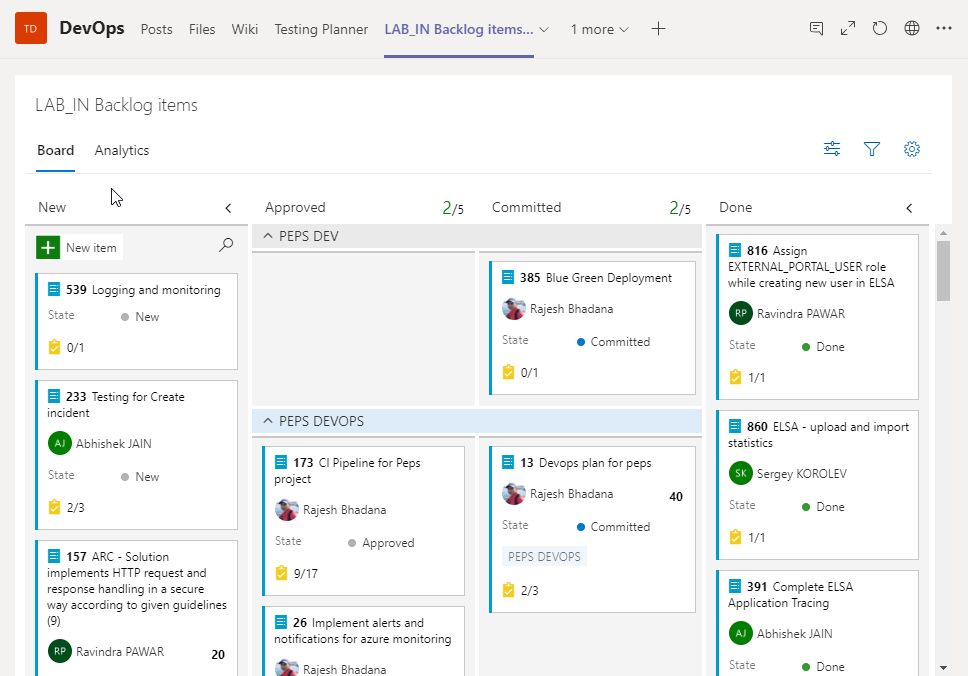
At TJC, we trust DevOps for a range of important benefits, including to:
- Improve organisational speed and agility. DevOps accelerates processes for innovation, development, operations and product delivery. Top-to-bottom emphasis on speed and responsiveness creates a context for greater adaptability, efficiency, and focus on results. Our individual teams can take ownership of their responsibilities and accelerate progress toward goals.
- Accelerate delivery. Today’s customers and markets demand faster delivery of services and products. DevOps sparks innovation and allows us to boost development pace and deliver improved products to customers faster. TJC is able to stockpile competitive advantage by responding quicker and more ably to customers’ needs. The Accelerate State of DevOps 2019 study recorded elite DevOps performers as 108 times faster in lead time from commit to deploy than trailing groups.
- Ensure reliability. Without reliability, processes for innovation, delivery and operations are destined to fail regardless of speed. DevOps helps us measure and maintain reliability, to ensure that all processes remain functional and safe. Continuous integration, continuous delivery, monitoring and logging create the framework and metrics necessary to support superior reliability. The same report as above cited elite DevOps performers with a change failure rate seven times lower than trailing groups.
- Meet scale demands. Development and operational processes benefit by running at scale, and DevOps supports the efficient management of complex or changing systems. Automation and consistency validation tools allow TJC to manage scale effectively, without disrupting workflows or diminishing output quality. Efficient management reduces risk vectors due to scale changes.
- Improve collaboration. DevOps builds an organisational culture that allows more effective, value-driven collaboration. Our individual teams take ownership and accountability for their output, which drives results-first thinking. Team members work together closely to share responsibilities, combine workflows and meet benchmarks. Improved collaboration is a spur for efficiency and supports applying combined skill sets toward common goals.
How DevOps Is a Catalyst for Organisational Culture Change
At TJC Group, DevOps is more than an enhancement process for our development of SAP S/4HANA, data management, and legacy system retirement solutions: it’s a critical element for continuous improvement and culture change across all our segments. DevOps culture provides the tools and framework to focus our teams on product quality and speed of delivery, through collaborative efforts, automation, and response to feedback from all stakeholders.
The top-to-bottom effect of DevOps implementation on our organisation has been to eliminate silos across departments, collaborate more effectively in all contexts, and support teams operating autonomously and taking full ownership for their tasks.
The Consulting team is now working alongside the Development with the same approach, using Microsoft Azure DevOps.
Developing a holistic DevOps culture at TJC has required our teams to redefine roles and adapt operations to submit to a continuous retrospective analysis. It’s erased traditional boundaries between Development, Operations, Consulting, and Quality assurance. The payoff has been the improvement of customer-driven focus and a foundation for improved outcomes.
Want more to know more about DevOps methodology at TJC Group? Connect with Rajesh Bhadana, our DevOps lead.
Meet ELSA: How TJC Group Is Demonstrating DevOps Leadership
Enterprise Legacy System Application (ELSA) is our newest software product and will be ready for launch next year. It’s a cloud-based application designed to help organizations to re-access the information in the form of reports, tables, and transactions, once the SAP system has been decommissioned, including attached documents such as invoices, emails, or PDF files.
Built on the SAP Cloud platform, ELSA is being developed using Microsoft Azure DevOps.
Many organisations are burdened with the responsibility to maintain high volumes of legacy data for auditing or compliance purposes. This information is often contained in legacy SAP systems that are difficult to access and costly to maintain. Preserving this data is necessary, but currently represents a resource drain and a clear value loss. With the confidence of data access, legacy applications can be shut down, in turn releasing the huge costs associated with them.
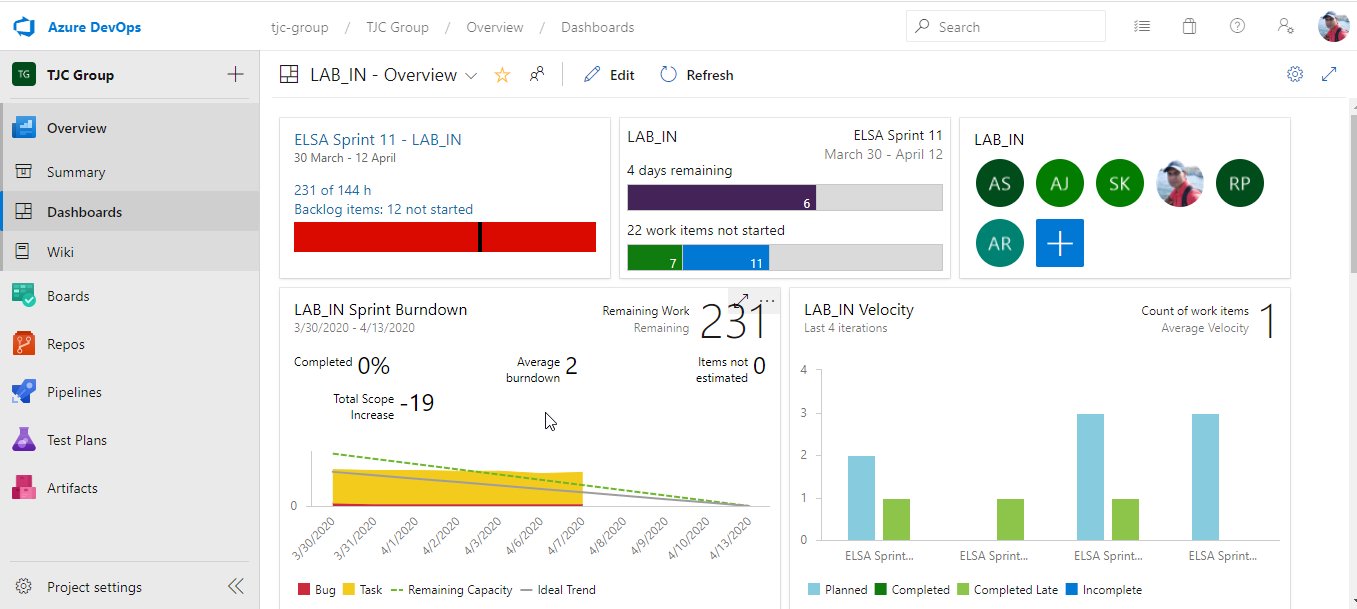
We rely on DevOps principles and supporting technologies to manage ongoing project requirements, from version control to requirement and project management, to build automation via continuous integration and continuous delivery (CI/CD) and testing.
DevOps was an easy choice for us here at TJC. Our leadership is committed to demonstrating business culture and process leadership in software development, and DevOps is a clear quality differentiator and value driver. Our teams possess the ideal blend of knowledge leadership and practical experience necessary to successfully implement DevOps within our process.
We’re excited to introduce ELSA development; we will soon share additional benefits about how the decommissioning of SAP and non-SAP system(s) can help you lower the Total Cost of Ownership (TCO) of your ERP systems. If you want to see a sneak peek, contact our sales teams.
TJC Group Is Part of the DevOps Evolution
TJC has adopted Azure DevOps not only for our technical teams, but also as a corporate solution applied across the organisation. Why? Because it provides a development framework suitable for developers as well as consultants, and for a variety of other profiles. Being a Microsoft solution, Azure DevOps integrates natively with Office365 and MS Teams, our internal collaboration and communication platforms.
The most important lesson is that any enterprise or small business can benefit from DevOps knowledge leadership, either directly or indirectly.
To learn more about how TJC Group can deliver for you DevOps-powered solutions with the power to positively impact your ability to compete and reach your goals, chat with TJC experts.






